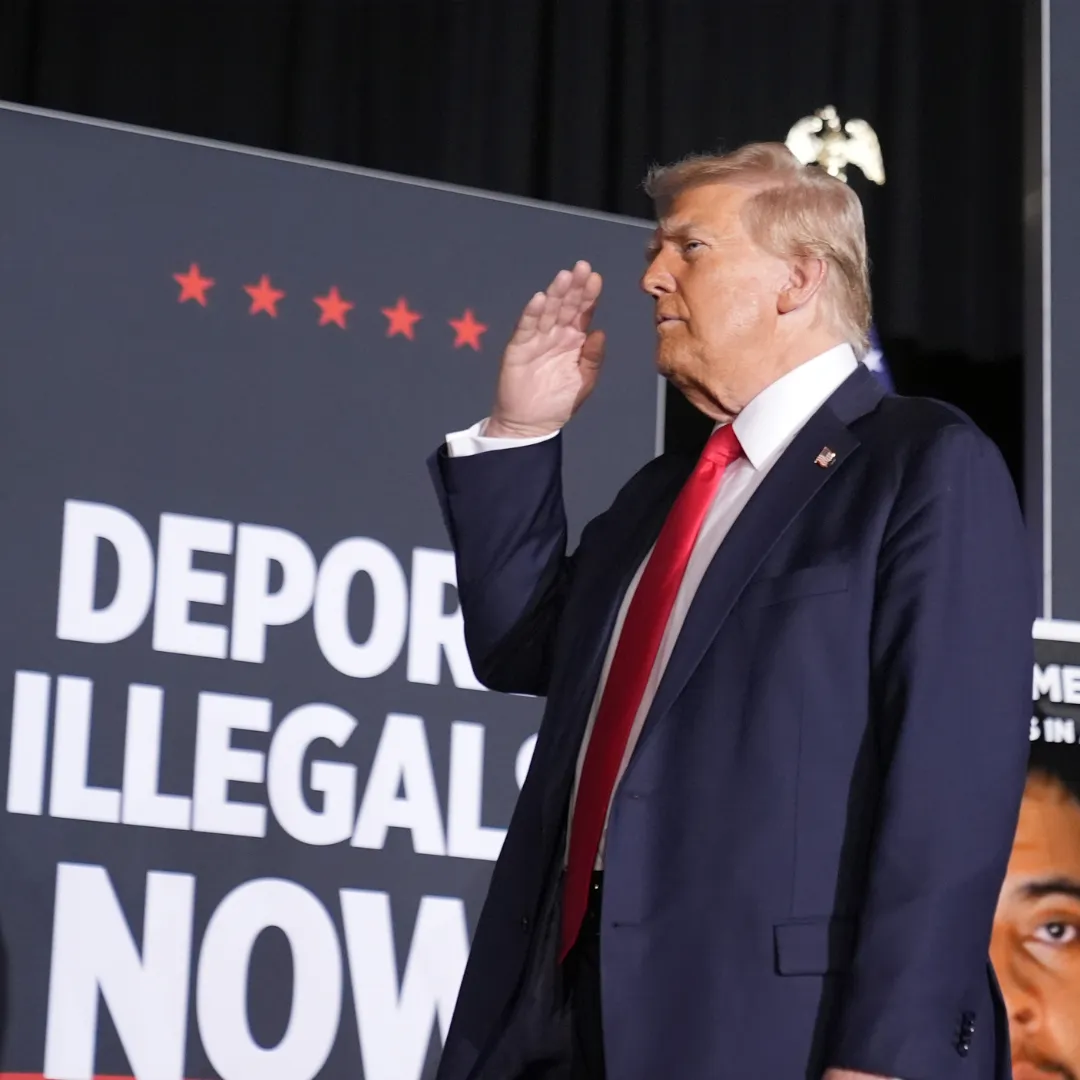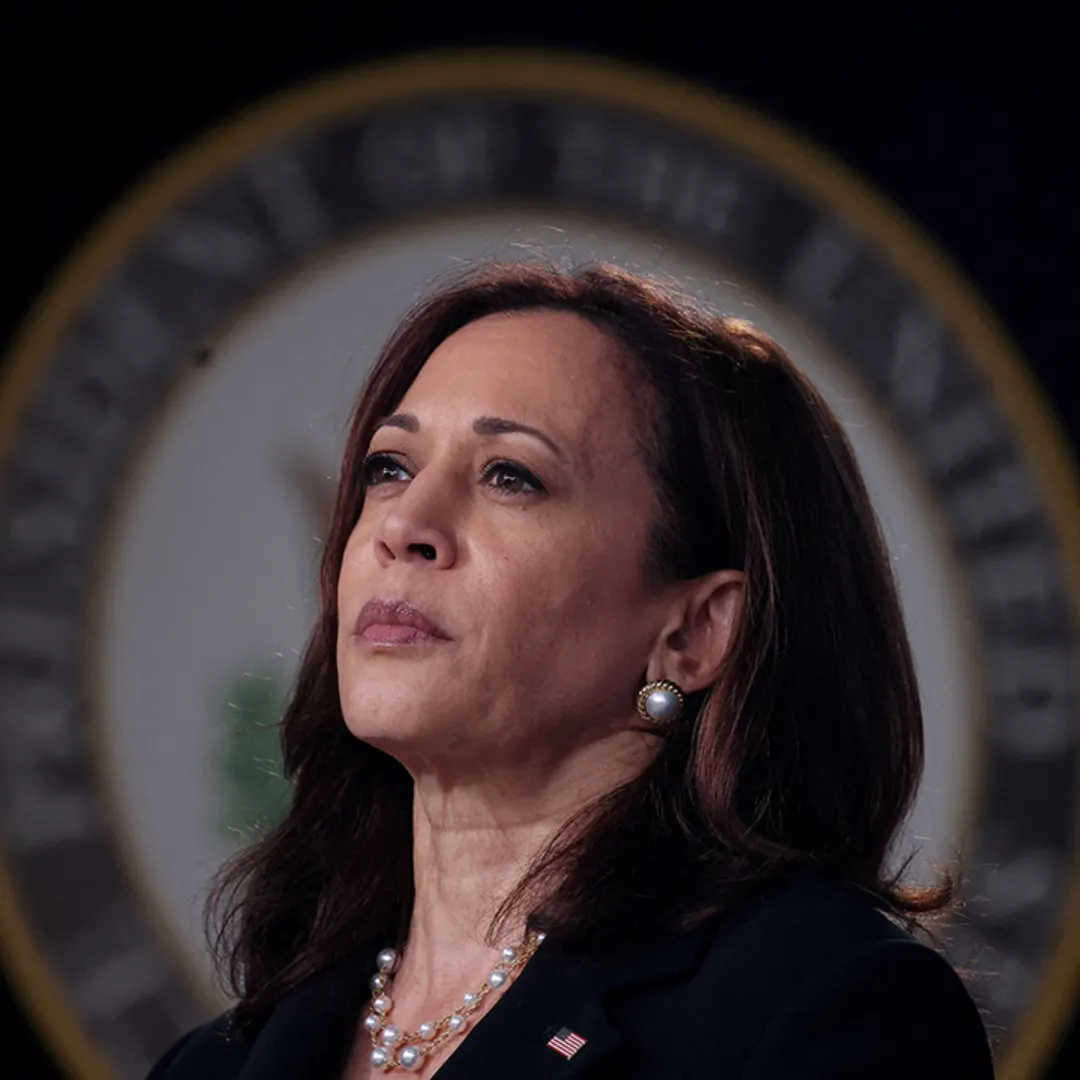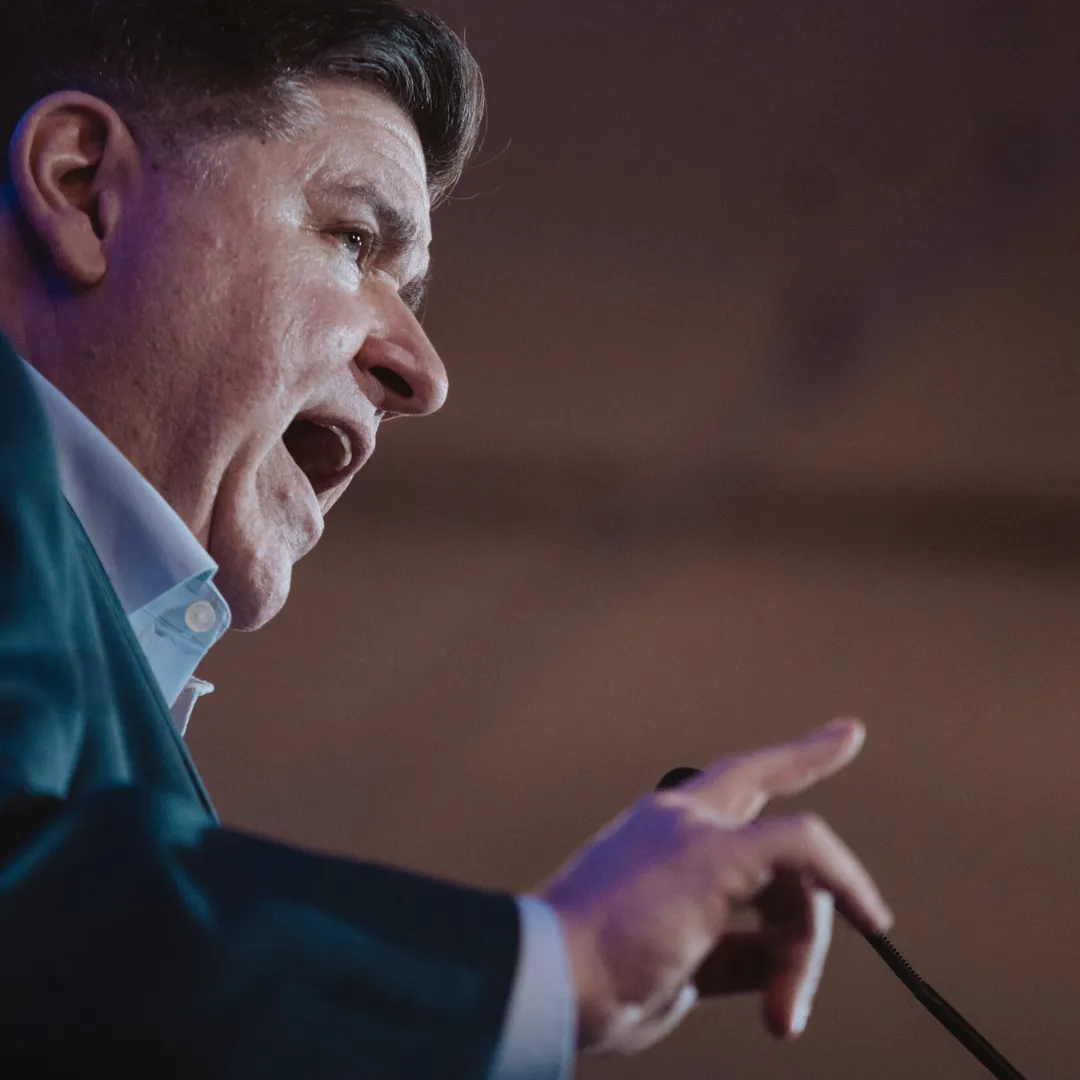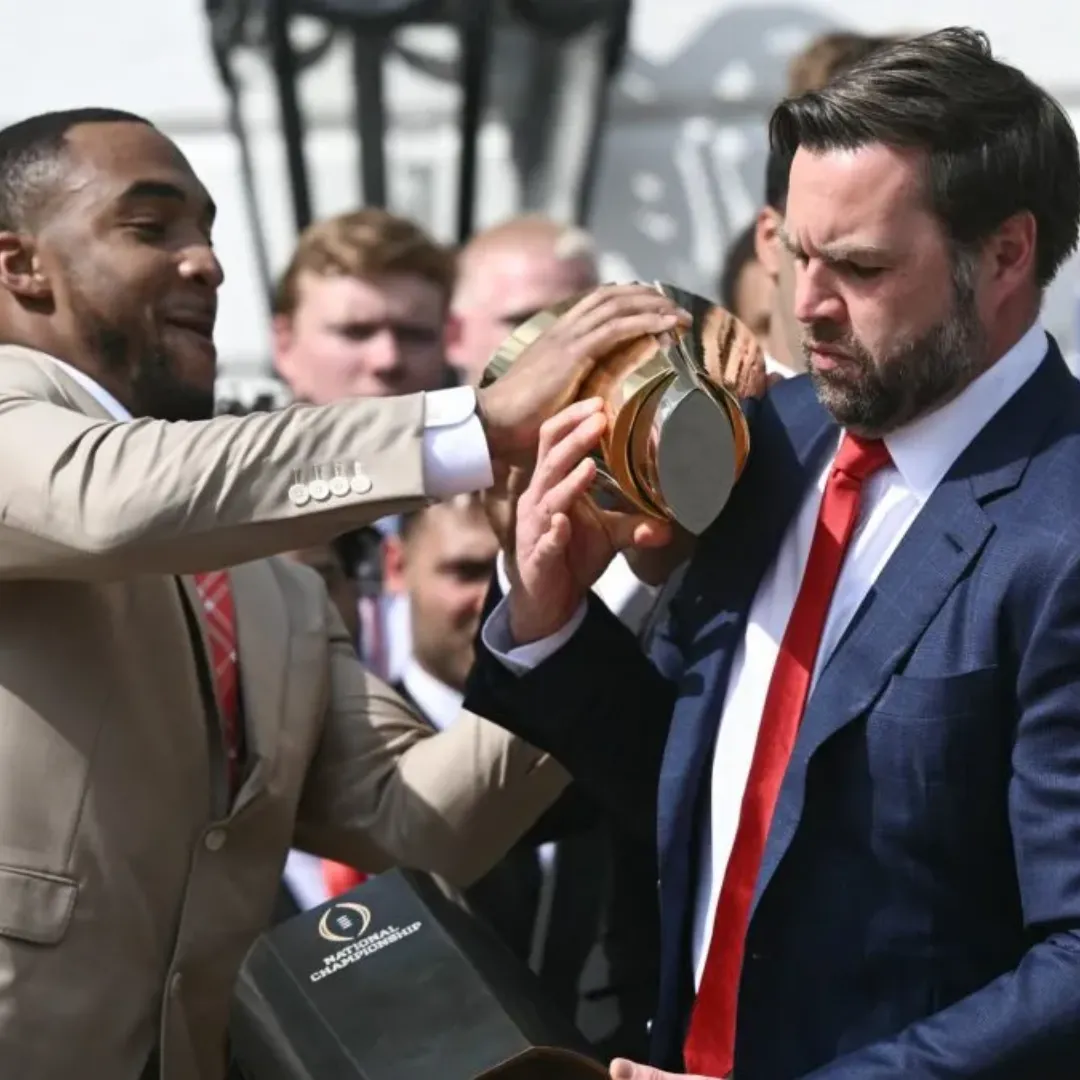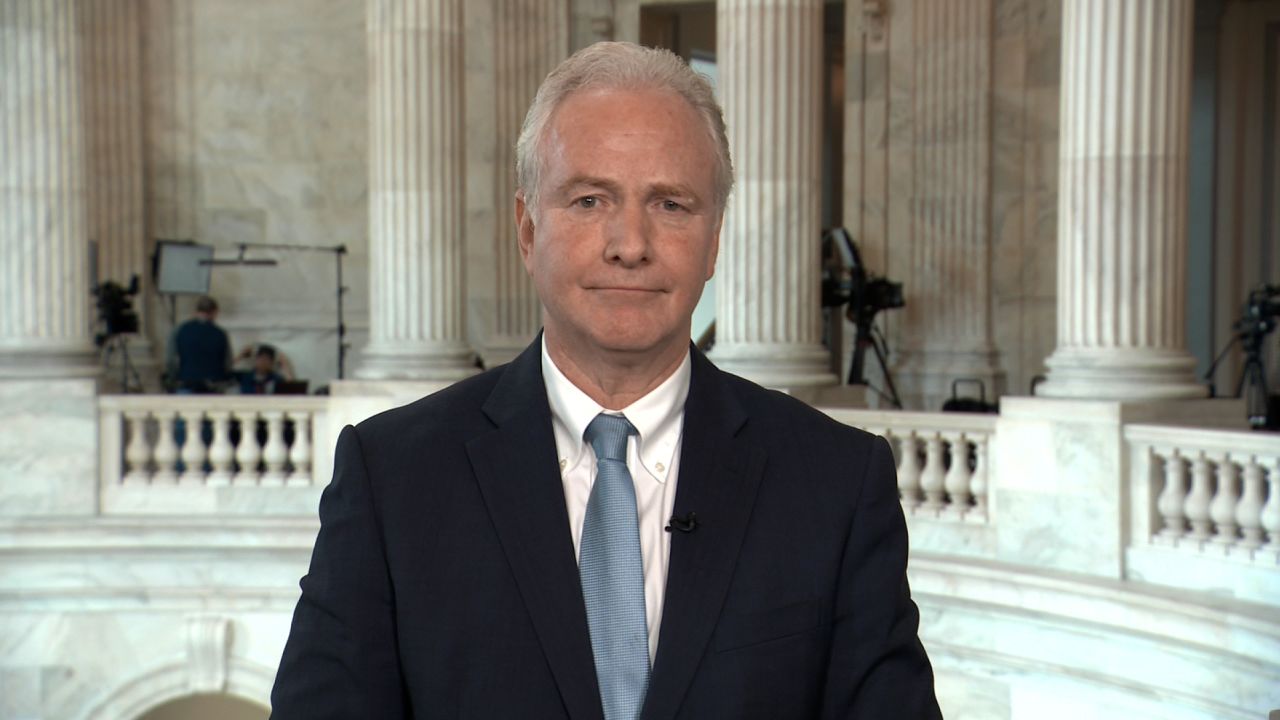
On a tense Sunday morning, Senator Chris Van Hollen stepped onto the national stage with greater urgency than at any other point in his political career. Appearing on a string of major news shows, the Maryland Democrat carried a message not just of protest but of warning—about the erosion of constitutional rights, about the danger of unchecked presidential authority, and about the responsibility of elected officials to act when the law is disregarded.
"This is not about defending a man," Van Hollen said during a televised interview. "I'm defending the rights of this man to due process. If we take that away from one person, we jeopardize it for everybody."
With that statement, Van Hollen crystallized a growing sentiment among Democrats and some independents who believe that the legal order is being tested by executive overreach. In this moment, Van Hollen is not just representing Maryland. He is asserting himself as a voice of constitutional principle in a political climate increasingly driven by personal loyalty, spectacle, and defiance of legal norms.
His recent trip to El Salvador—made without the fanfare of cameras or partisan theatrics—was, in his words, "a mission to uphold the rule of law." Although it had been described in some political circles as risky or even theatrical, Van Hollen dismissed that view entirely.
"My whole purpose here is to make sure that we observe the rule of law, the Constitution, due process, rights," he said. "Anyone who’s not prepared to defend those doesn’t deserve to lead."
He has not minced words about what he sees as complicity between foreign governments and a former president attempting to redefine the boundaries of lawful authority. When asked whether he believed the Salvadoran government was acting in good faith during his recent visit, Van Hollen was direct.
"They were complicit in this illegal scheme with the Trump administration," he said. "It’s a violation of international law to prevent communication with someone in detention. The family hadn’t heard from him. Nobody had contact for weeks."
For Van Hollen, these moments are not abstract debates. They are personal and immediate. A longtime constitutional scholar and public servant, he believes the crisis is not just about any one individual or case—it is about precedent, and what happens when the judiciary is ignored or undermined by executive actions.
"This is a person who the United States courts have determined was illegally taken from the United States," he said. "And that’s the bottom line. When the courts speak, the executive must comply. Period."
Van Hollen also didn’t hold back in criticizing how the Salvadoran government attempted to manage the optics of his meeting.
"They actually wanted to have the meeting by the hotel pool," he said, raising his eyebrows as he recalled the details. "They wanted to put me right overlooking the pool. You’re absolutely right that the Salvadoran authorities tried to deceive people. They tried to make it look like he was in paradise."
Asked whether he felt manipulated by the arrangement, Van Hollen pushed back.
"It wasn’t a trap. My goal was to meet with him and make sure I could tell his wife and family he was OK. That was my goal, and I achieved that goal."
It is this tone—measured, focused, resolute—that has begun to distinguish Van Hollen from many of his colleagues. He is not shouting into the void or chasing headlines. He is not posturing for the next campaign cycle.
He is arguing, step by step, that democracy must be defended not only in times of great national drama but in every procedural moment when the law is challenged.
"There’s a reason we have due process. It’s not because we assume innocence or guilt at first glance. It’s because our system depends on procedure, on accountability, and on transparency."
When Republican critics accused Democrats of defending criminals, Van Hollen answered not with outrage but with clarity.

"The idea that you can't defend people's rights under the Constitution and fight gang violence is a very dangerous idea," he said. "That's the idea the president wants to put out. That's why they're spreading all these lies."
He spoke with the conviction of someone not defending a man, but defending a principle.
"This is what separates democracy from authoritarianism. This is what makes us different from regimes that disappear people or act outside the bounds of their own courts. If we ignore these principles, we don’t just fail one person—we fail the entire system."
The senator’s presence on television and in print has become more frequent in recent weeks, signaling a shift in his public posture. A figure once known more for his quiet influence in committee rooms and backchannel negotiations is now speaking directly to the public.
Van Hollen’s critics argue that he is overreaching, turning isolated legal issues into sweeping constitutional debates. But supporters counter that his caution and specificity are exactly what the moment requires. He is not theorizing from the safety of academia. He is pointing out real consequences of executive defiance and international complicity.
In the halls of Congress, Van Hollen is now being discussed in new ways. Not as a showman, not as a potential presidential candidate, but as a standard bearer for legal integrity at a time when the rule of law itself is under daily pressure.
Some Democrats have urged him to take on a greater leadership role. Whether he will seek it remains uncertain. For now, Van Hollen seems focused less on titles and more on actions.
"My job is to serve the Constitution and the people of Maryland," he said. "And when the law is broken—when people are abducted, silenced, or hidden—our responsibility is not to calculate political risks. It’s to stand up."
He has not shied away from calling out those who seek to distract from the core issues. When opponents return to political slogans, Van Hollen returns to the courts.

"Here’s where they should put their facts," he said. "They should put it before the court. They should put up or shut up in court, because the district court judge in this case said, and I quote, ‘They put no evidence linking this man to any terrorist activity.’"
The phrase that keeps returning in Van Hollen’s statements is rule of law. It is his refrain, his compass, and his defense against a political tide that often reduces every issue to personality or partisanship.
In that, Van Hollen is not simply playing defense. He is issuing a challenge—one that asks his colleagues, and the country, to choose between the convenience of ignoring judicial authority and the responsibility of protecting it.
"It starts with one case, one ruling, one failure to comply," he said. "And if we accept that, we’re not just risking the rights of one person. We’re risking the legitimacy of the entire system."

